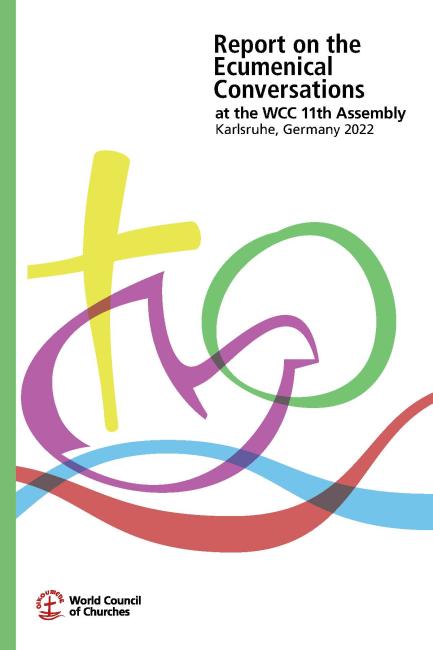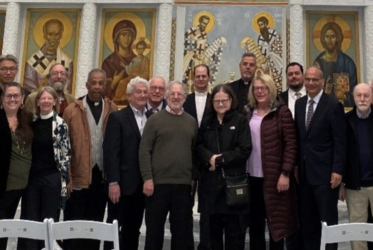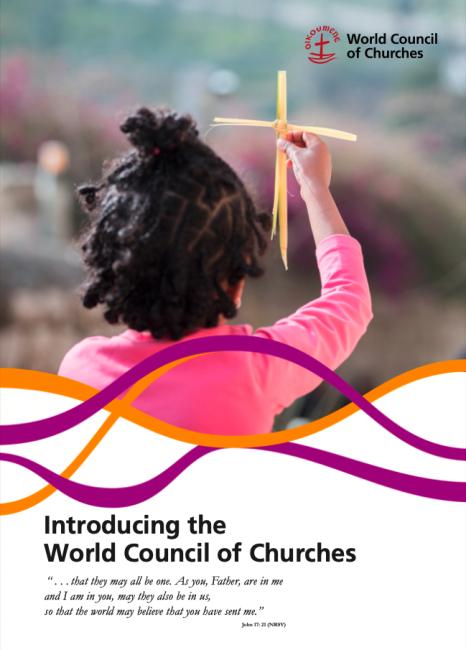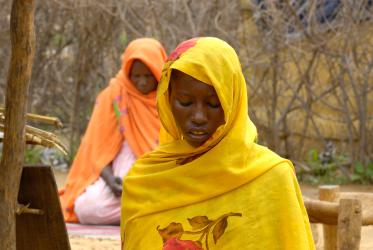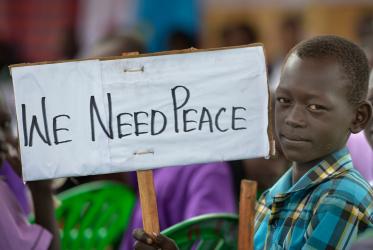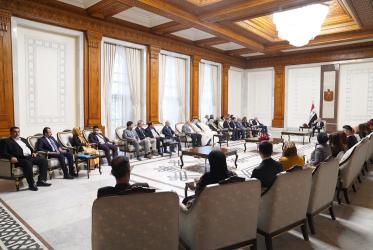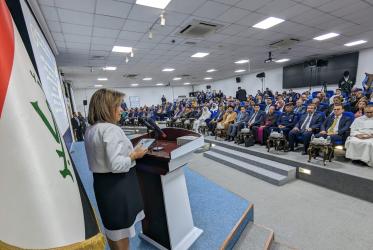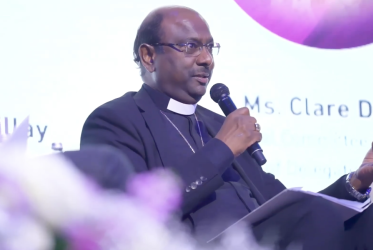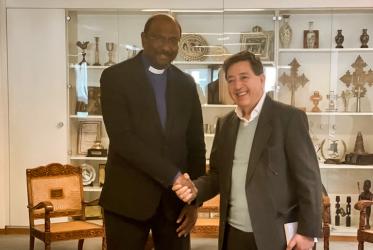Displaying 41 - 60 of 790
Accepting others in their otherness
16 June 2023
Introducing the World Council of Churches
21 April 2023
The Future of Mission Cooperation
The Living Legacy of the International Missionary Council
24 March 2023
WCC interreligious journal focuses on “healing wounded memories”
16 February 2023
Suffi leader Sheikh Khaled Bentounès makes first visit to WCC
02 February 2023
HIV and AIDS Civil Society Networks and the Faith Sector
Lessons Learnt from Strategic Engagement in India, Dominican Republic, Indonesia, and Jamaica
31 January 2023
